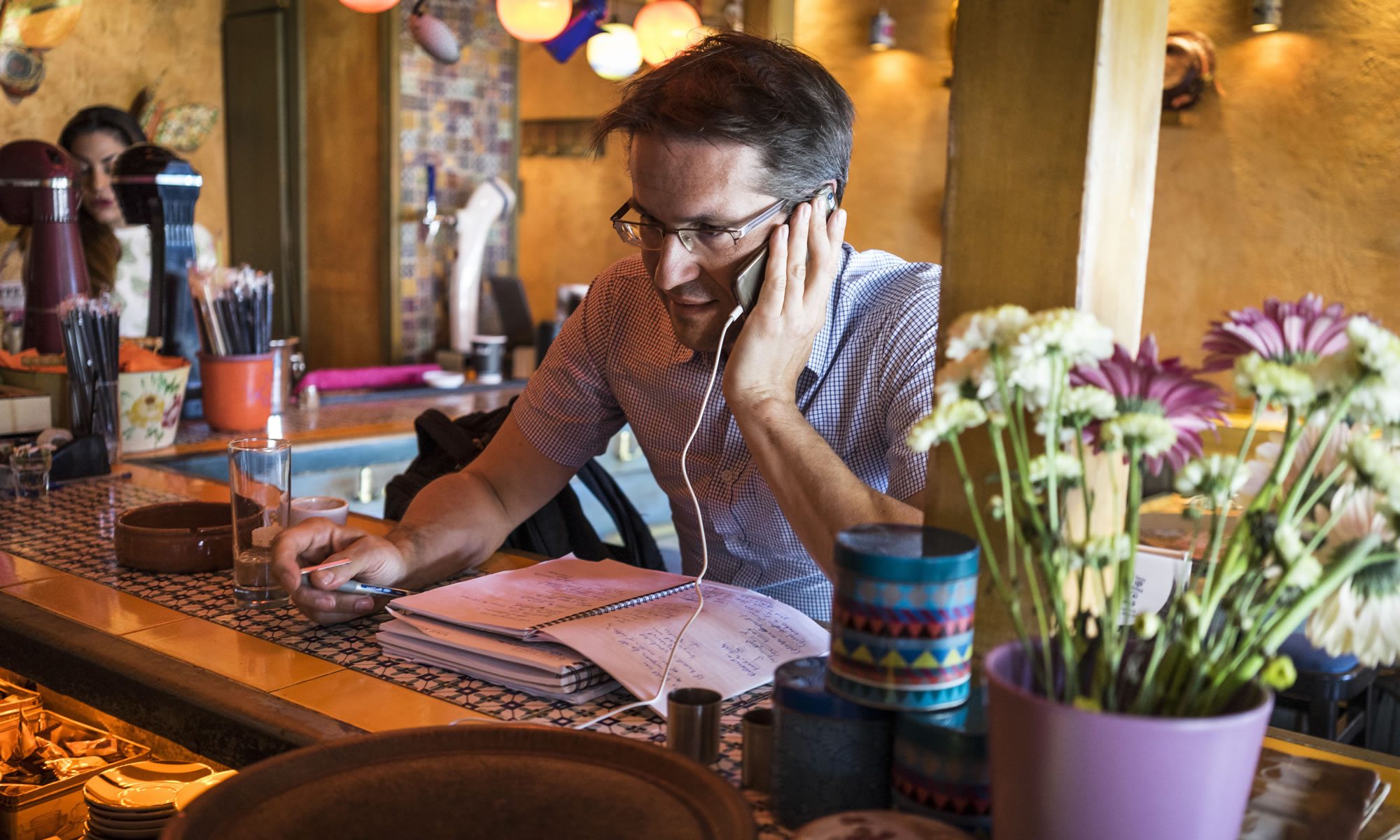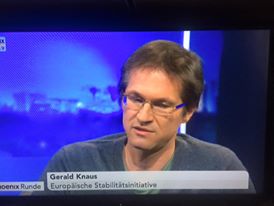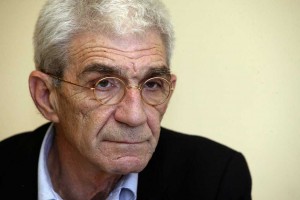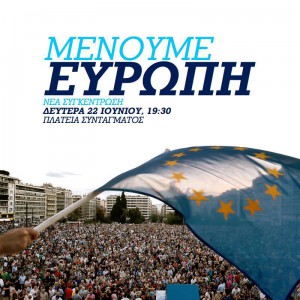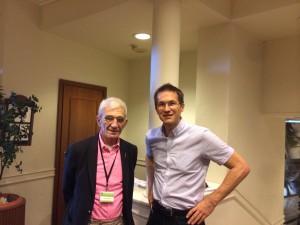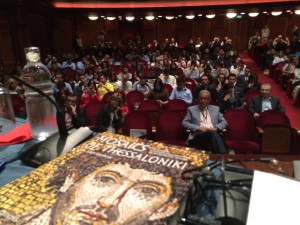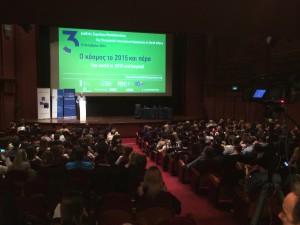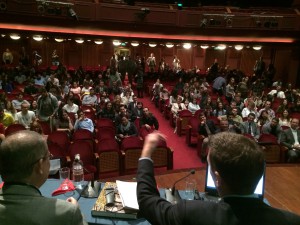AFTER THE EU-BALKAN SUMMMIT (25 October)
Another refugee summit in Brussels, and another dishearteningly confused set of conclusions. Which most likely leave everything more or less as it is.
ON THE POSITIVE SIDE: ASPIRATION
“Refugees need to be treated in a humane manner along the length of the Western Balkans route to avoid a humanitarian tragedy in Europe.”
That was the promise made by Juncker before the conference. If this would be realised, it would obviously be a very good thing: “Increasing the capacity to provide temporary shelter, food, health, water and sanitation to all in need.” A worthy aspiration.
REALITY CHECKS
How realistic are these commitments, though? It is the end of October. Some conclusions suggest that additional resources may not be available soon:
“Working with International Financial Institutions such as the European Investment Bank, the European Bank for Reconstruction and Development and the Development Bank of the Council of Europe which are ready to support financially efforts of the countries willing to make use of these resources”
Slovenia noted that 60,000 people arrived there in recent days. What does the summit do to help Slovenia, concretely, in the coming weeks? Or Croatia? Or Greece?
Is there a working group to determine where capacities for temporary shelter are most needed? In Slovenia? in Croatia? In Serbia? in Macedonia?
DREAMING AND REST
It would help to know where temporary shelters are needed, or exist now; or how many new ones have to be found. Perhaps this is known, but it is not stated in the conclusions:
“Greece to increase reception capacity to 30,000 places by the end of the year, and to support UNHCR to provide rent subsidies and host family programmes for at least 20,000 more – a pre-condition to make the emergency relocation scheme work; Financial support for Greece and UNHCR is expected”
Note; this does not say how many such places Greece has now. So it is not clear what “increasing” capacity to 30,000 means in terms of additional capacity. Which makes budgeting and raising funding for it tricky. Or assessing the meaning of this commitment.
Note also: this would be sufficient for the number of refugees who will arrive between today, Monday, and next Friday. By the end of the year, these refugees would unlikely still be in Greece.
Plus: these are still rest stations. Nobody will stay in any of these shelters one day longer than necessary. “Host families” for rest stations?
READMISSION DREAMING
From here on the conclusions become ever less realistic:
“Working with the European Commission and Frontex to step up practical cooperation on readmission with third countries and intensifying cooperation in particular with Afghanistan, Bangladesh and Pakistan; Commission to work to implement existing readmission agreements fully and start work on new readmission agreements with relevant countries;”
Anybody who has examined the difficulties of readmitting even rejected Balkan asylum seekers from Germany to Western Balkans countries – which do not oppose taking back their citizens – knows that expecting to do this, on a large scale, with Pakistan or Afghanistan is not a plan, but closer to day dreaming.
BORDER DREAMING
This is the least serious part of the conclusions.
“- Finalising and implementing the EU-Turkey Action Plan;
– Making full use of the potential of the EU-Turkey readmission agreement and the visa liberalisation roadmap;”
Turkey was not even invited to this summit. The EU-Turkey Action Plan is empty of content. “Making full use of the visa liberalisation roadmap” means what concretely? We have to wait for another summit.
“- Upscaling the Poseidon Sea Joint Operation in Greece;
– Reinforcing Frontex support at the border between Bulgaria and Turkey;”
What is this supposed to achieve? How will it make any difference?
“- Strengthening border cooperation between Greece and the former Yugoslav Republic of Macedonia, with increased UNHCR engagement;
– Greece and the former Yugoslav Republic of Macedonia and Albania will strengthen the management of the external land border, with Frontex to support registration in Greece;”
Is the aim to slow down people leaving Greece … and has Greece agreed to this? Where would those who are made to stay longer stay in Greece?
Or is the idea to register everyone in Greece … and people then move on? What difference would this make?
“- Working together with Frontex to monitor border crossings and support registration and fingerprinting at the Croatian-Serbian border crossing points;
– Deploying in Slovenia 400 police officers and essential equipment within a week, through bilateral support;
– Strengthening the Frontex Western Balkans Risk Analysis Network with intensified reporting from all participants;”
So there will be more Frontex and more reporting, everywhere! But Frontex is essentially just other European border guards, not magicians or super-heroes. And this seems to assume that the problem in Slovenia or Croatia is a lack of people.
“14. Reconfirming the principle of refusing entry to third country nationals who do not confirm a wish to apply for international protection (in line with international and EU refugee law and subject to prior non-refoulement and proportionality checks);”
How many of those who reach the EU’s borders do NOT wish to apply for international protection? ANYBODY?
Finally, there is this:
“Under the current circumstances, we will discourage the movement of refugees or migrants to the border of another country of the region. A policy of waving through refugees without informing a neighbouring country is not acceptable. This should apply to all countries along the route.”
This either means a dramatic change which will likely cause the humanitarian tragedy Juncker wanted to avoid or it means that waving through refugees should happen “while informing a neighbouring country” a little better. Most likely – and fortunately – it is the second.
CONCLUSION
If this is what the countries most concerned by this crisis come up with as their operational conclusions we know that there is no plan. It was another summit without a serious discussion. Another missed opportunity.
